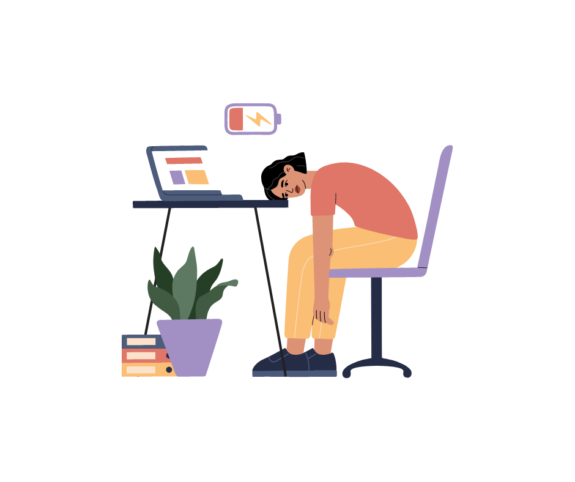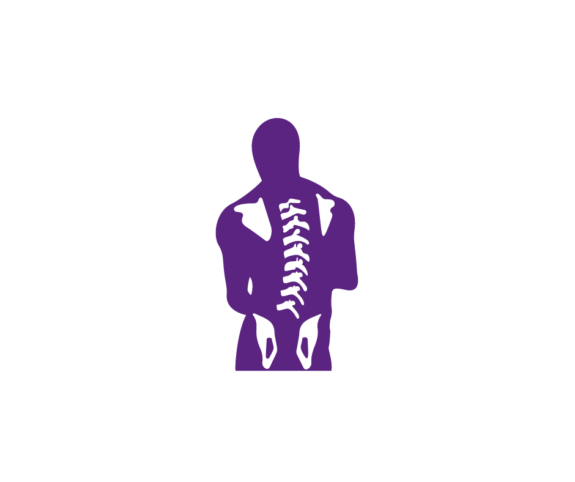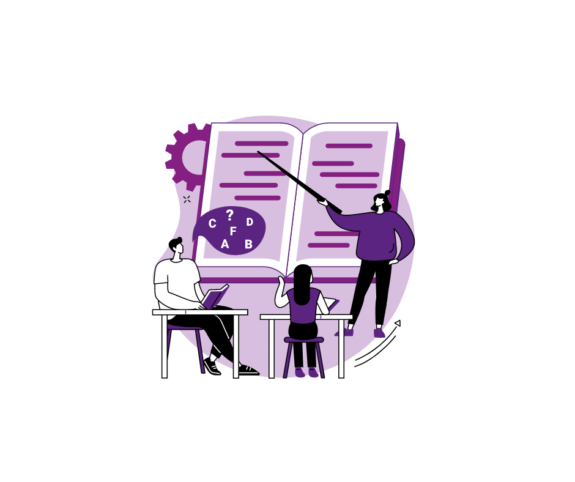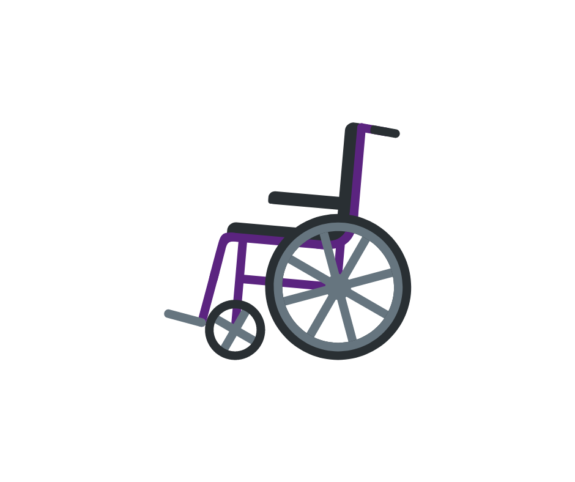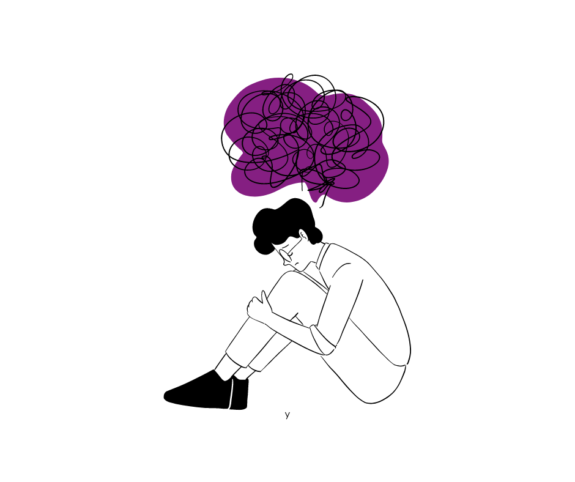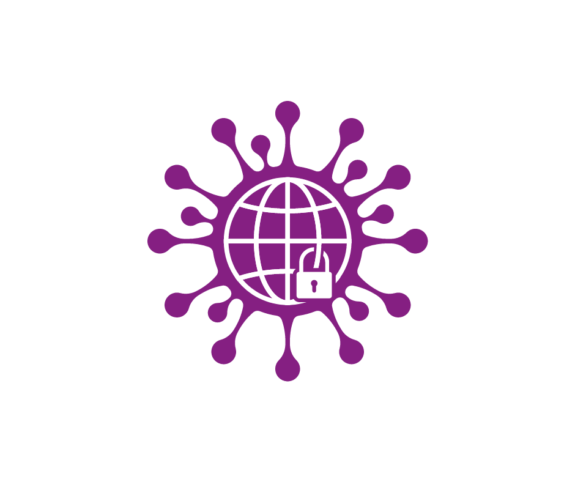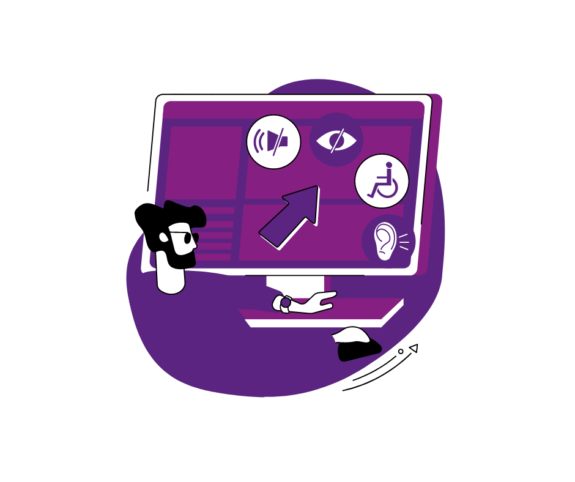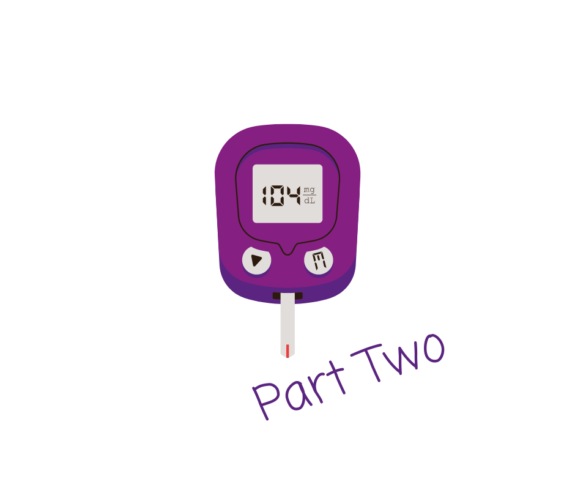Here at This is Me, we don’t just work with people who have health conditions, we also work with the neurodiverse, so this Neurodiversity Celebration Week, we’re taking the time to look at just what it means to be neurodiverse and why it should be celebrated as a positive thing as opposed to a negative.
It’s estimated that 1 in 7 people in the UK have a neurodivergent condition, which equates to about 15% of the population, but the real figure is likely to be higher as many conditions are missed, misdiagnosed or simply not reported. Neurodiversity Celebration Week aims to raise awareness of these conditions and celebrate all the differences that make us so wonderfully unique.
What is Neurodiversity?
The term neurodiversity originated in the 1990s by Australian sociologist, Judy Singer, as
part of the Autistic Rights Movement and was quickly embraced by activists in the Autism community. Since then, the definition has broadened to include many other conditions with the Oxford Dictionary definition of neurodiversity being:
“The range of differences in individual brain function and behavioural traits, regarded as part of normal variation in the human population.”
But what does this actually mean? Basically, it means that the brains of people who are considered to be neurodiverse simply work in a different way to those who are considered neurotypical. These differences are just normal variations, but in someone who is considered to be neurodiverse, these differences are often seen as a negative, when really, they’re anything but.
What conditions classify someone as being Neurodiverse?
Neurodiversity is an umbrella term that covers a wide range of conditions, including, but not limited to:
– Autism, including Asperger’s Syndrome.
– Attention Deficit Hyperactivity Disorder (ADHD)
– Dyslexia
– Dyspraxia (Developmental Coordination Disorder DCD)
– Dyscalculia
– Dysgraphia
– Tourette’s Syndrome
– Obsessive-Compulsive Disorder (OCD)
– Synesthesia
It is also becoming more accepted that certain mental illnesses fall under this umbrella of neurodiversity, but it’s important to note that neurodiversity is NOT a mental illness. This includes:
– Bipolar Disorder
– Borderline Personality Disorder
– Depression
– Anxiety
Post Traumatic Stress Disorder (PTSD) and Complex Post Traumatic Stress Disorder (CPTSD) have also recently been classified but are considered to be acquired neurodiversity,
meaning that neurodiversity is related to an event or a series of events and not because of a genetic component. It’s well documented that trauma can change how the brain functions which causes it to no longer be neurotypical.
Is Neurodiversity a disability?
While most neurodiverse people don’t consider themselves to have a disability (and neither do we), classifying them as disabled means they are protected under the 2010 Equality Act and gain access to relevant benefits, like Access to Work. It also means that children who fall under this umbrella have the opportunity for extra help at school. Theoretically anyway, it doesn’t always work out that way. There’s still a lot more work to be done!
Neurodiversity
Strengths.
When talking about neurodiversity, people often spend too much time focusing on the negatives. But the fact is, you don’t have to be neurodiverse to have things you’re good at and things you’re not so good at. Some people are good with numbers, some aren’t. Some excel at sports while others prefer books. None of this is ever questioned or thought of as being negative….unless you’re considered to be neurodiverse.
For the neurodiverse, it can be exhausting constantly having to justify why it’s not a bad thing. There are so many strengths that come from having a neurodiverse brain and each of these should be celebrated.
Knowing their strengths: How many times have we had the dreaded question in a job interview, ‘What are your strengths and weaknesses?’. We hate it because we don’t know how to answer it, but someone who is neurodiverse usually can. They’ve spent their whole lives having to work out what their strengths are (often because they’re only told the weaknesses), so they know exactly what they’re good at and where they will flourish.
Creativity: The neurodiverse often excel at thinking outside the box and can come up with wonderfully creative ideas and solutions. They are problem solvers and an asset in any workplace.
Hyper-focus: While some view being hyper-focused as a bad thing, and it can be if it’s not monitored, it can also be an extremely useful skill. Being hyper-focused means you see things that other people don’t and can pick up on small details that otherwise would have been missed.
Other positive traits are determination, kindness and quite often, a strong sense of social justice. Having been marginalised for a long time, the neurodiverse are empathetic to the struggles of others and will, wherever possible, go out of their way to help those who need it.
Neurodiversity in the Workplace.
Many employers are still wary about hiring people who are neurodiverse, as they can quite often believe (wrongly) that they won’t be good workers, and this would certainly seem to be true within the autistic community. In 2021 it was reported that only 1 in 5 autistic people were in full or part-time work giving them the lowest employment rate among people classed as disabled. However, over three-quarters of those unemployed said that they did want to work but were struggling to find someone who would employ them.
It could be argued that ignorance and lack of education on the part of employers is the problem, but with all of the information now available and training programmes to be had, that excuse simply isn’t good enough anymore.
Research shows that having neurodiverse people in the workplace adds value because all of those different minds can approach tasks in different ways, find different solutions and see things from new perspectives. They can challenge the status quo, often for the better, and make the business more productive and innovative. Neurodiversity is exactly what the workforce needs.
So what is Neurodiversity Celebration Week?
Neurodiversity Celebration Week is the brainchild of Siena Castellon, who wanted to “change the narrative and create a balanced view which focuses equally on our talents and strengths”. The mission is to increase understanding and acceptance and celebrate the differences we have, all while educating people as to exactly what neurodiversity is and what it represents; a celebration of different minds. Now in its fourth year, the initiative is growing from strength to strength and is doing exactly what it set out to do.
If you’d like to get involved or find out more, check out the website to see just what it’s all about: https://www.neurodiversityweek.com/
Other ways to get involved:
https://www.neurodiversityweek.com/2022-announcement
https://www.twinkl.co.uk/event/neurodiversity-celebration-week-2022
https://www.eventbrite.ie/e/neurodiversity-celebration-week-tickets-274074593487
https://www.elevateyourhealth.co.uk/celebrating-neurodiversity-in-the-workplace/
References – What is Neurodiversity:
https://www.health.harvard.edu/blog/what-is-neurodiversity-202111232645
https://www.webmd.com/add-adhd/features/what-is-neurodiversity
https://autisticuk.org/neurodiversity/
https://www.understood.org/articles/en/neurodiversity-what-you-need-to-know
https://www.neurodiversityhub.org/what-is-neurodiversity
https://exceptionalindividuals.com/neurodiversity/
https://adhdaware.org.uk/what-is-adhd/neurodiversity-and-other-conditions/
https://www.tiimoapp.com/blog/neurodivergence-war-social-justice/
References – Neurodiversity in the Workplace:
https://www.peoplemanagement.co.uk/voices/comment/being-more-neurodiverse-friendly-benefit-everyone

